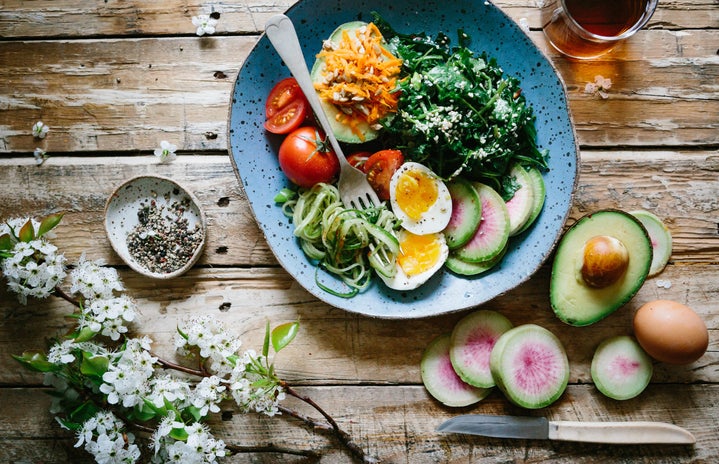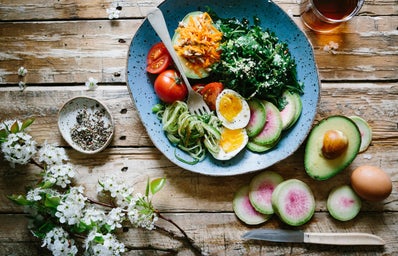In recent years, TikTok has become increasingly popular, providing people with a platform to share short, engaging videos on various topics. Among other popular trends on the app, “What I Eat in a Day” videos have gained significant admiration, giving viewers a look into the daily eating habits of creators. While these videos may seem harmless and helpful at first, their influence can harm viewers’ relationships with food and their bodies.
Glamorizing Restrictive Diets
“What I Eat in a Day” videos often like to normalize restrictive diets. In these videos, many creators show meticulously planned meals that often adhere to popular diet trends, such as keto, intermittent fasting, or calorie counting. These videos can create unrealistic expectations around food and express the idea that restrictive eating is necessary for health or aesthetic purposes.
Encouraging Disordered Eating Behaviors
The nature of TikTok videos allows creators to present a much more unrealistic, idealized version of their lives, including their eating habits. However, behind this polished facade lies the potential for promoting disordered eating behaviors. “What I Eat in a Day” videos may encourage viewers to compare their own eating habits to those portrayed in these videos, leading to feelings of guilt or inadequacy.
Everyone Has Different Nutritional Needs
Every person’s nutritional needs are unique depending on factors such as age, gender, activity level, and health conditions. However, “What I Eat in a Day” videos often overlook this by presenting a one-size-fits-all approach to nutrition. Viewers might feel tempted to imitate the same eating habits they see online without considering whether or not they aligns with their own dietary requirements.
Creating Body Image Issues
Beyond nutrition, “What I Eat in a Day” videos can also contribute to unhealthy body image issues. Many creators who post these videos possess slim, conventionally attractive bodies and “body check” at the beginning of their videos to attribute their physicality to their eating habits. As a result, viewers may conclude that achieving a certain body shape depends on following a specific diet without considering the role of genetics, metabolism, and overall lifestyle.
Comparison and Self-Criticism
Social media platforms like TikTok thrive on user engagement, with users often seeking validation through likes, comments, and followers. “What I Eat in a Day” videos are no exception, as viewers may compare their own eating habits to those shown in the videos and feel tempted to compare themselves to unrealistic standards. This cycle of comparison may lead to feelings of self-criticism and could create a harmful cycle of disordered eating behaviors.
As consumers of social media content, it’s important to approach “What I Eat in a Day” videos with a good sense of skepticism. I personally always try to prioritize listening to my body, honor hunger cues, and seek guidance from qualified healthcare professionals. While these videos might appear harmless at first, their influence can have significant consequences on viewers’ relationships with food and their bodies. By recognizing and questioning the harmful messages encouraged by these videos, we can work towards promoting a more balanced approach to nutrition and well-being on different social media platforms.
Want to see more HCFSU? Be sure to like us on Facebook and follow us on Instagram, Twitter, TikTok, and Pinterest!


